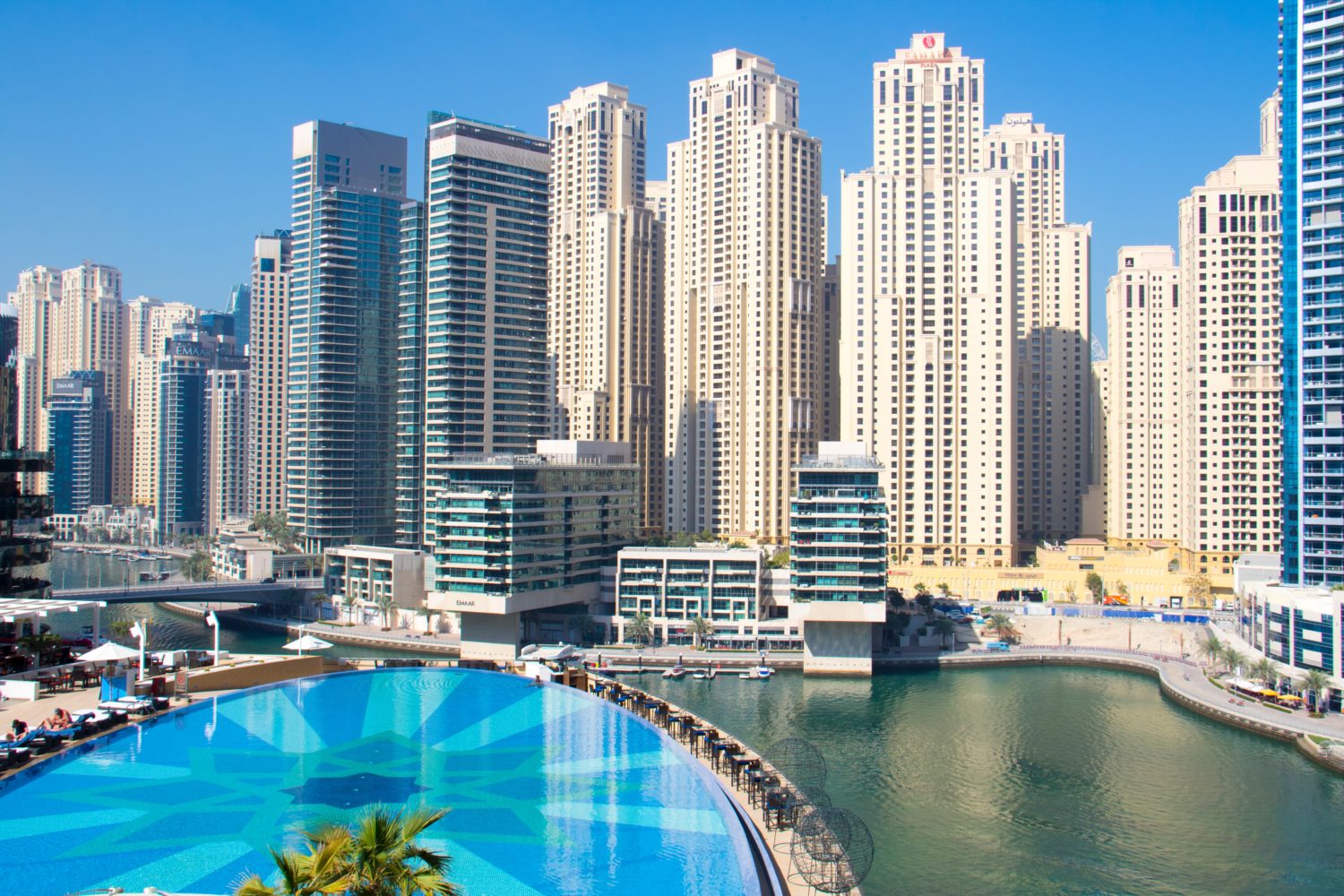Useful advice and smart tips that will help you choose the appropriate Competitive Set for your hotel and modify your pricing policy according to the competition that mostly concerns your property
8 mins readAs it happens in every other business, hoteliers have to closely observe their competitors in order to be able to remain attractive and competitive. They should understand that the goal is not to constantly observe every action of their competitors, but to ensure that they neither underestimate nor overestimate their hotel rooms’ prices.
There is a list of procedures and factors that hoteliers should take into consideration during the selection of the competitors they will closely observe, as well as during the evaluation process of the basic metrics that will keep stock of, on a regular basis.
In this article, we will present useful tips regarding the right ways to monitor competition in a way that will help you be aware of your property’s positioning within your targeting market. It will also ensure the maximum profitability according to your market conditions as well as your property’s destination.
Understanding the meaning of “positioning” in the market
Comparing the positioning in the market is an essential part of creating a competitive pricing policy. In order to correctly create your hotel’s positioning benchmark, it is recommended to examine the below KPIs:
1.Market Penetration Index (MPI)
How to compare my hotel’s occupancy to the average market occupancy levels?
MPI= Hotel Occupancy % / Market Occupancy %
2.Average Rate Index (ARI)
How to compare my ADR (Average Daily Rate) to the market’s ADR?
ARI= Hotel ADR / Aggregated group of hotel’s ADR
3.Revenue Generation Index (RGI)
How to compare my hotel’s RevPAR to the average RevPAR in the market?
RGI= Hotel’s RevPAR / Hotel Market RevPAR
If you achieve a score higher than 100 in this particular rate, it means that your hotel owns more than its expected market share and stands out within the market. A high RGI score is considered one of the most important evidence, as it combines occupancy and ADR. Deciding which hotels will be used as your competitors (Competitive Set / Compset) is a balancing factor, as Revenue Managers may have different criteria while choosing their competitors than Hoteliers, who take RGI as an important rate.
Find your direct competitors

Photo by Will Truettner on Unsplash
How are you able to identify your competitors in the market? Can you rely on the compset created by a predecessor of your position five years ago? Do you have to choose the hotels that are closest to yours?
The key-factor to determine who should be included in your compest is one: If travellers consider choosing another hotel instead of yours, during their visit to your city or destination.
There are some additional factors that hoteliers should take into consideration while choosing their competitive set:
- Accommodation type
How similar is the competitive hotel to yours? If you have a simple, 50-90 rooms hotel, then you do not compete with a bed and breakfast hotel on the next road. You target a completely different type of travelers who are looking for a totally different experience. - Hotel Category
Which of the competitive hotels belong to the same category or have the same number of stars as yours? Is your hotel a 3-star property or does it match better to the upper-scale category? Comparing similar things is the key, as guests will search for same-category - Proximity to your hotel
How close is the competitive property to your hotel? Is it located in the same neighborhood? If so, then it is possible to be a direct competitor, since travelers always think of location as one of the most important factors when choosing where to stay. - Service Quality
Is your staff trained to react formally and is it dressed up accordingly? Or does it have a more direct and relax approach? Once again, we must make sure to compare similar things. - Benefits for business travellers
Does your hotel provide the appropriate facilities for business meetings? If so, then you have to take into consideration competitive hotels that offer the same benefits and probably compete in the same type of service. - Entertainment services
Similarly, does your hotel have leisure facilities? If so, you should examine how they are compared to the competition – you may have a golf court and your competitor a casino, however you are both targeting the same luxury audience.
*Sponsored
Advertise here:
Hotelier Academy Sponsored Box
Hotelier Academy’s Experts can present your products and services within special Sponsored Boxes, using interesting and targeted content, relevant to the article’s subject. The content will include backlinks to your official website, while you can even add contact details for your executives.
I am interested in being advertised in a Sponsored Box:
Otherwise, you can contact directly Ms Effie Vlastara at +30 2103245142 or you can send an email: sales@hotelieracademy.org
Multiple competitive sets advantages
A good competitive set should include only 5 to 10 hotels. If there are more hotels, it becomes more difficult to reach essential conclusions from price analysis and comparison. In fact, finding 5 hotels that are exactly at the same level of product and service quality as your hotel, is almost impossible.
The existence of a secondary competitive set can facilitate this situation. Examine if these types of compset make sense for your hotel:
1.Seasonality
Hotels can refer to different types of travellers during different seasons. Leisure travelers will choose a hotel for totally different reasons than business travelers who they often travel in different seasons. Instead of including high and low season competitors in the same competitive set, separate them.
2. Proximity
The primary compset should examine competitors according to their distance from your hotel. However, it should not only consist of neighboring hotels, but also include competitors who offer a similar service quality even if they are located far away.
3. Ambition
A rather ambitious compset, can be easily used either by you or be given as a measure of analysis to CEOs and hoteliers, who often need it in order to analyze their RGI score. It’s never a bad idea to target high. If you are a four-star hotel that you are about to renovate or make a complete rebranding, you should already start comparing your prices to the ones of your future competitors in the context of re-positioning your product.
Dynamic competitive sets

Photo by Andreas NextVoyagePL on Unsplash
The Internet has helped markets and competitors to become much more dynamic. Travellers compare several hotels before making their final reservation, by searching on various OTAs and meta search channels. Hotel Chains no longer compete similar brands, but owe to take into consideration plenty of other competitors. Identifying the right competitors and using dynamic competitive sets is a crucial procedure nowadays.
Make your life easier by using available online tools that will let you choose and change your competitive set. If you are located at a dynamically changing market, then the technological applications that you use should also correspond to this. Revenue Managers who take full advantage of their competitive sets will achieve a better pricing policy and will eventually take advantage of any opportunity to increase their revenue.
Become a Guest Author on Hotelier Academy!
Contact us to find out more about how to become a Guest author on Hotelier Academy, developing topics related to your field of expertise and ensuring a significant positioning in the global hotel market!





